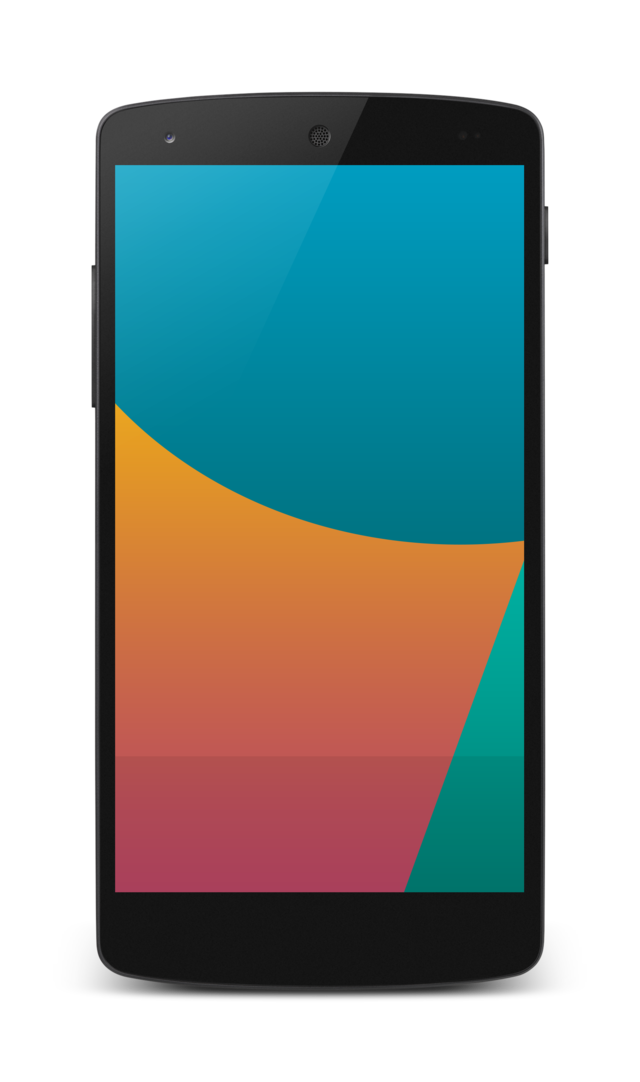I love my Nexus. Its the best phone I’ve ever had. I don’t know how I would find my way around town without it. Streaming Google Music + NPR radio shows with it over the car’s Bluetooth connection means I don’t have to listen to over the air radio anymore. Oh, and it makes calls and sends text messages. Yeah, seems it does that too.
On the other hand, I have found myself struggling with its negatives. Joshua Fields Millburn from The Minimalists explains it splendidly on his article Reprogramming the Twitch. Smart phones, can disconnect us from the world. Just look around you next time you are having dinner with friends, family and even your spouse. Odds are that at some point them (and you!) will all be looking at their phones, completely disconnected from each other and the moment you are all supposed to be experiencing.
I have been making a conscious effort of keeping the phone in my pocket whenever I’m with people. Its been a hard habit to break, though. Many times I find myself unconsciously going for the phone while in conversation and stopping myself. Its been a pain, but I like to think I’m making progress with it. However, there is one particular aspect of breaking this dependence on my phone that I find extremely difficult and distressing: the perceived need, even duty, to respond to communications immediately (or within the hour).
Am I being rude if I chose not to answer because I’m not in the mood? What if I don’t really want to talk to anybody for the rest of the day or the rest of the weekend for that matter? Am I causing worry and distress if I don’t return the message? After all, if I’m not responding to calls, text messages, emails or Facebook messages something bad could have happened to me. Going off the grid feels impossible. Feels like I’m shackled to every single person I know.
My imperfect answer right now is: if it is immediate family, and by that I mean siblings and parents, I’ll answer promptly. My close friends, who number in the low single digits, will also get a prompt answer. Anyone else, I have set the expectation that if I’m not in the same room with them, I am out of reach and I may not even call back. I will talk to them next time I see them. The phone should be a tool to facilitate my communications, not a device that makes it impossible to live my own life uninterrupted.
Fortunately, the same technology that creates these shackles helps me free myself from them too. One feature I have enabled in the phone is Downtime: after 10pm in the evening I will be alerted only to calls and text messages from a select set of contacts which happen to be the same close friends and family I mentioned before. This happens automatically after a one time setup. I can also enable it manually when I don’t wish to be interrupted. Another rule is to never have my work email in my phone. Once I’m out of the office, I’m gone. I have made my coworkers aware of this fact and I’m surprised at how the most prevalent reaction has been “how could you do that?”. My own has been “why would you have work emails in your personal phone?”. But that’s a subject for a separate post.

Leave a Reply